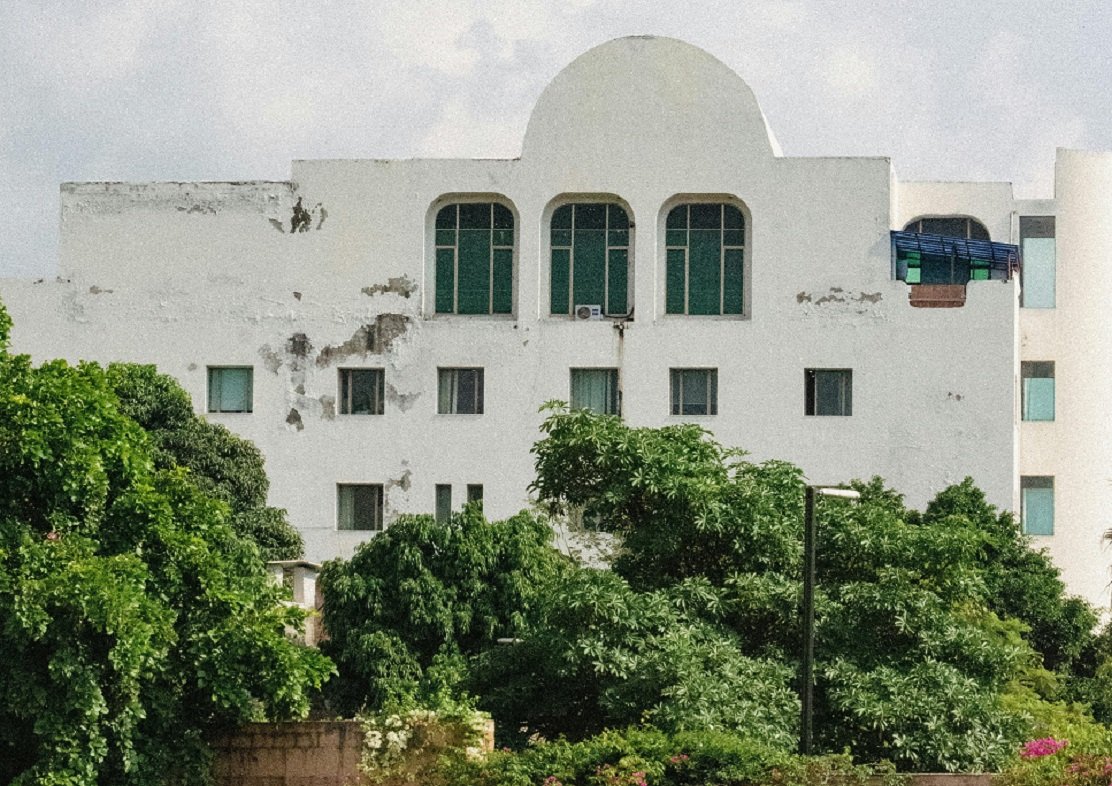Despite being smaller than other Pakistani cities, Islamabad’s industrial sector is expanding gradually, especially in the areas of information technology, pharmaceuticals, and food processing.
The city has the potential to develop into a major industrial and technological center in the area with improved policies and infrastructure.
Government to Setup Business Facilitation Centre in Islamabad. The planned facilitation Centre will serve as a Single Window facility for registration, approvals, certifications and essential documentation. It will host all the connected units within the Industries Department of Islamabad. It is primarily focused towards Ease of Doing Business. Although, the city is primarily known for its administrative and diplomatic significance being the nation’s capital. It has continued to offer significant reforms to the business community in the last few decades. The setup of Islamabad Metropolitan Corporation, establishment of Islamabad High Court and restructuring of the city’s administration remain key to its developmental framework. Islamabad is also piloting an initiative to become Pakistan’s first fully digital city. Resultantly, the city is contributing to the nation’s economic success as well.
Despite making up only 0.8% of the nation’s population, it generates 1% of its GDP. Like other major cities including Karachi, Lahore, and Faisalabad, Islamabad has a growing industrial sector. The city’s industrial units are working in designated zones, with a focus on small and medium-sized enterprises (SMEs), NGOs, trusts, technology parks, pharmaceuticals and construction and building materials.
An officer in the industries department spoke to FactFile and shared around 50% of the industries are pharmaceuticals. He added that other 50% industries are from sectors such as soap, bakery, food items and garments. He added that the government has allocated huge sums for the city’s industrial development. For instance, the government has passed around 242,144 million rupees for economic affairs in the budget for 2025-26. In the budget, 117,035 million were allocated for general economic, commercial and labor affairs, 33,476 million for agriculture, food, irrigation, forestry and fishing, and 7,586 million for mining and manufacturing. It is expected to increase the industrial output of the city.
Industrial Zones in Islamabad
At present, Islamabad has three industrial areas also known as industrial zones. These include:
- I-9, I-10: The main industrial hub with manufacturing and processing units like steel mills and pharmaceuticals industries.
- Koral Industrial Zone: Located on the outskirts, hosting SMEs and light industries.
- Kahuta Triangle: Known for pharmaceuticals and mechanical industries.
Interestingly, the most thriving sector in Islamabad is the Information Technology & Software Development. The addition of technology parks, which are home to numerous domestic and international IT and technology companies, has resulted in an expansion of information and communications technology in Islamabad. The tech parks are situated in the I-9 sector, Awami Markaz, Evacuee Trust Complex and NSTP (National Science and Technology Park). The major IT sector companies in these setups include:
- 100 innovative companies in NSTP
- 36 IT companies in Awami Markaz
- 29 in Evacuee Trust
In fact, this number reflects the major IT giants only. There are over 15,000 SME IT companies spread across Islamabad. These include small scale units performing IT operations. The number of freelancers in Islamabad is considered more than 100,000 individuals. It also depicts an increasing trend of economic opportunities in the country where SECP has registered 35000 companies across the country in FY 2025.
Government to Setup Business Facilitation Centre in Islamabad
Amid several concerns for businesses in Pakistan, one of the major issue continues to be the bureaucratic hurdles. One has to stand in long queues, visit multiple offices, follow regulations of different authorities and finally come up with a license or approval. Globally, the practice of single window operations are growing to offer ease to investors across different industries. The new model is imperative for Islamabad to grow as an industrial hub. Thus, the introduction of the single window operations in the industries department may offer a sigh of relief to the businessmen in Islamabad.





